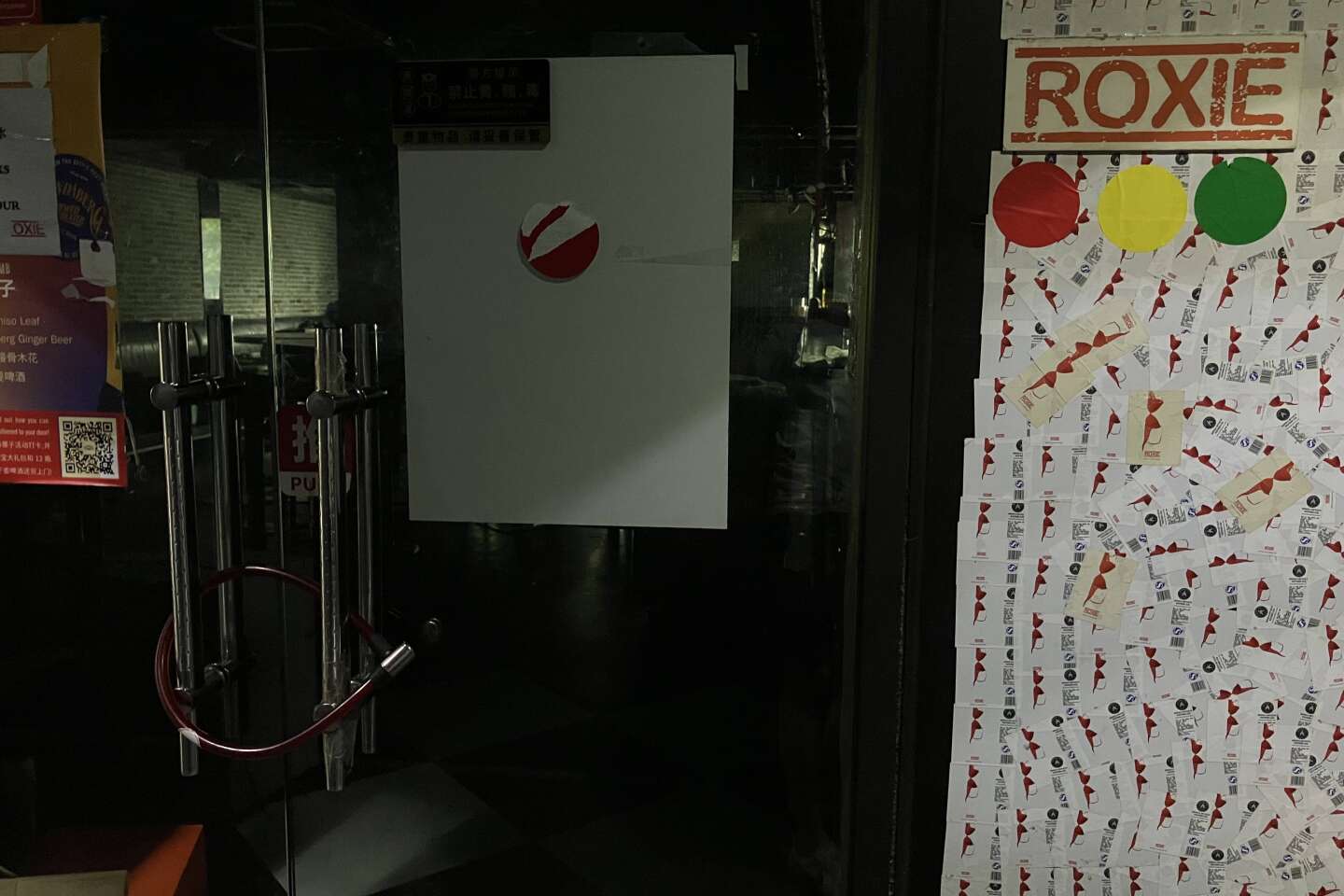


LETTER FROM SHANGHAI
There was plenty of laughter to cover the pain, lots of drinks and hugs. The regulars told each other how much the place had meant to them. Over two memorable evenings of celebration, on Saturday, June 15 and Sunday, June 16, The Roxie bid farewell. The place wasn't huge, just over 100 square meters, but in nine years it had become an institution for Shanghai lesbians. The acoustics made it possible to talk despite the good music, the subdued lighting added to the ambiance, and the long bar facing the grey brick wall made it easy to lean back.
In the trendy Jing'an district, on Kangding Street, home to other party venues, everyone knew they were accepted here. "Everyone was welcome, the place was definitely not meant to be a bar just for lesbians. The cocktails were good and cheap, and everyone was treated with respect," said a regular.
The news came suddenly, via an announcement on The Roxie's account on the social media network WeChat. This time, the announcement wasn't for a classic Latino night, singles night or movie night, but rather for a "goodbye night" and a "last dance night." The press release repeated a script that had already been posted when other LGBT bars closed: "To our dear customers. For reasons beyond our control, too many reasons, tonight will be our last night."
There's no need, or possibility, to say any more – everyone in China understands what such a message means. Rumors also spread among former patrons: soundproofing suddenly deemed by the fire department to no longer be up to standard, probable pressure from the police, the owner of the premises suddenly deciding it was preferable to end the lease. The bar's management did not respond to Le Monde's requests. Who could blame them?
"Cultivating masculinity"
On Sunday evening, at the end of an era, each person reminisced between cocktails and dances. "I felt I could be myself here," someone said. "I felt at home here, it was our bar." "They're afraid of everything, now we're just talking about people having fun," another regular said sadly.
China is not a very religious country – communism has largely erased this trait – and its population is rather tolerant and open in general, even if it is much less so in the family context. A study published in 2022 in the Journal of Family Issues focusing on 11,000 Chinese lesbians and gays concluded that 54% had experienced either violence or negative treatment from their families because of their sexual orientation.
Since Xi came to power in November 2012, the government has been steadily tightening its grip on power, and while the period of reform and opening-up had seen the economy and society liberalize, without relinquishing any political control, the authorities now want to furnish the people with an ideology, to dictate more of their conduct. Homosexuality was decriminalized in 1997, and that decade and the next saw the emergence of associations that made no explicit political demands, but instead promoted tolerance, welcomed people who were not accepted by their families, and promoted safety.
You have 44.09% of this article left to read. The rest is for subscribers only.
